Actual Cash Value vs. Replacement Cost
Homeowners in Nashville were caught unaware during recent spring storms. Some who thought their homeowners insurance would cover the cost of a new roof damaged in the storms found out what they had was “Actual Cash Value” coverage in their policy. That left some paying a lot more money out-of-pocket than they expected for a new roof. The distinction is an important one for all homeowners. If you are not sure what your policy covers, read on.
If a policy uses an Actual Cash Value (ACV) determination, then it calculates the cost to replace a roof less depreciation based on age, condition, etc.
Think of your car insurance here. Your car has always been valued on your auto insurance policy on an ACV basis. If you wreck your car, you will not receive an insurance payment based on the cost of a new car, you will get the value of your car at the time of the accident – with its age, dings and dents, and all its mileage. With ACV coverage, a homeowner must pay both the depreciation and the deductible to get a new roof. So why would someone have this type of coverage in their policy? People initially choose ACV because it reduces the premium. However, they may regret that decision after a loss.
What is the alternative? It is Replacement Cost (RC) coverage. This type of coverage will ensure the insurance company pays to replace a roof with a brand new one. The homeowner only pays the deductible. The premium is higher, yes, but it is worth it in the face of a loss. And after this spring’s tornadoes as well as the recent straight-line windstorms, many homeowners have been faced with heavy losses.
Your homeowners policy also specifies whether your insurance company will use the ACV or RC determination to repair or replace your entire home and its contents. If you have any questions about your policy or coverage, please call me, Jim McKee at 615-377-0017.
